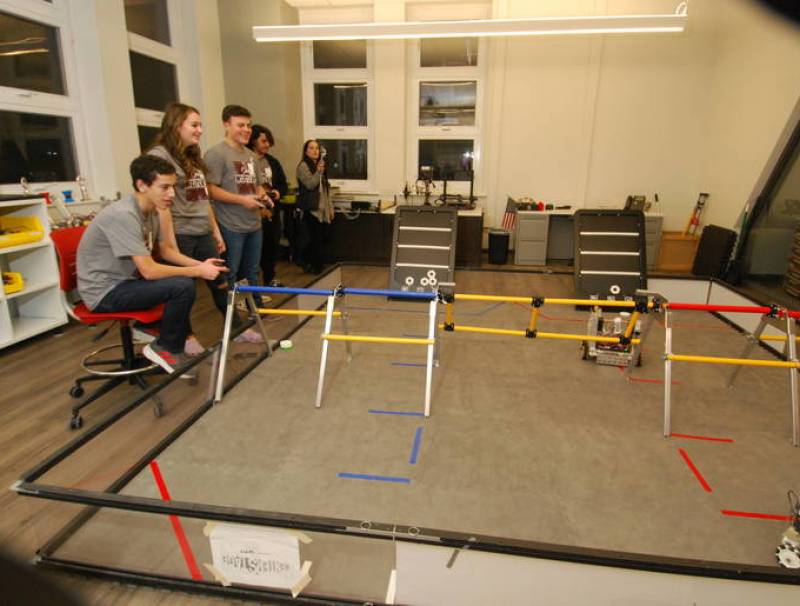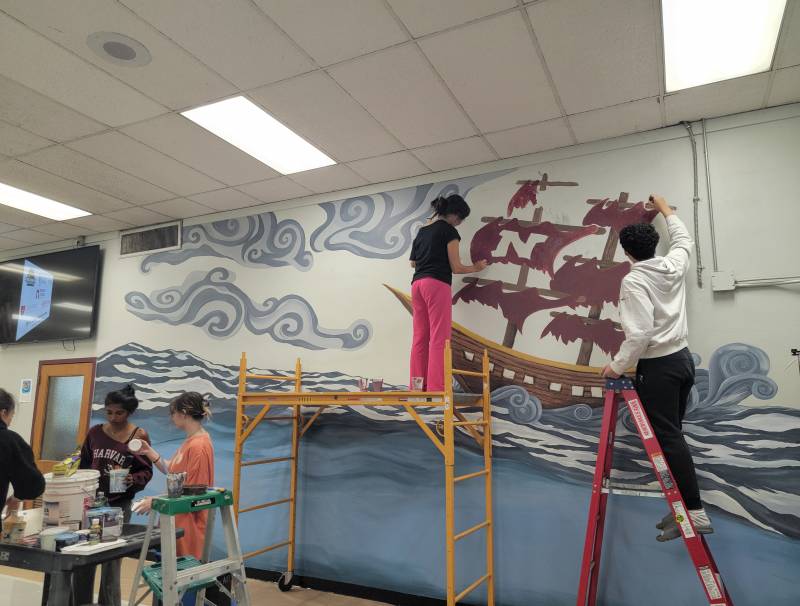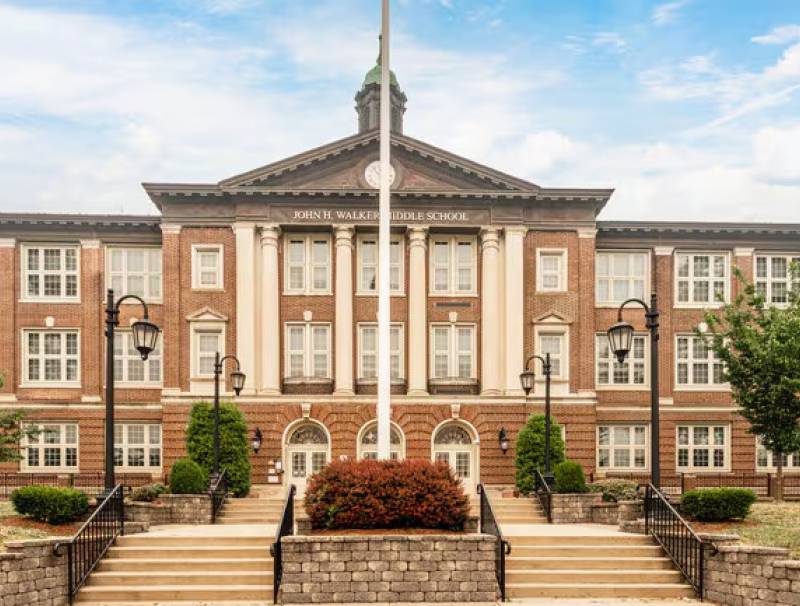College-bound Seniors Navigate Application Process
It’s that time of year when seniors are settling into their last year of high school with the prospect of leaving soon looming over their heads. The myriad of considerations, aspirations, and challenges have a large impact on where their journey will take them, which may seem daunting to many. Thankfully, a firm support system is in place to help students who want to further their education navigate the college application process.
Guidance counselor Lauren Birnbaum explains her role in assisting students throughout the college application process. “The process is a lot of different steps…we try to really shepherd students through the process, help explain everything, so everyone can feel really confident about their application, knowing it’s complete and has everything it needs to be reviewed by the college.” Birnbaum said they start directing students early on, identifying interests and programs aligning with their strengths and future goals. “We ask what kind of potential job students are considering, because it helps us counselors to suggest particular electives and classes that might match up to their future career choices or ones that they’re thinking about,” she said.
There are many resources also made available to students, such as the Financial Aid Night, where a representative from the State of New Jersey’s financial aid institution (HESAA) comes to talk to students and their families about financial aid. “So everyone has a different financial situation, and we really help support students by talking about the different tools…each school has what’s called a net price calculator, where students can go on and they can put in information and get an idea of what a particular college would cost.” Birnbaum expands on categorizing “likely” schools, where very likely a student will be admitted; “match” schools, where a student fits the typical academic profile; and “reach” schools, where a student acknowledges that they’re not guaranteed to be admitted but decide to take a chance and apply anyway.
Senior Haley Papeo’s ambition to major in public relations/advertising has led her down a rabbit hole of potential options, such as Marist, Iona, and Ramapo. “I’d really like a community service oriented group, something very big on school spirit,” Papeo said, describing the campus environment and culture that she is looking for. “I like a pretty campus aesthetic…I couldn’t go to a place like SUNY New Paltz for example, that felt like it was just concrete everywhere.” She stressed the importance of the location of her school. “You can’t really get a job with my degree without networking and having strong internships, which is why I want to be close to a city, or have very nice access to a city so I can commute for the internships; it’s really important that’s an option.” With an emphasis on the need for practical experience, Papeo ensures that there is direct correlation between her major and future career.
Senior Caroline Vellon’s passion for artistic expression has had a great influence on her vision for her life. “I’m planning on pursuing a career where I can work for myself, selling commissions and [art] classes online.” Like many students, it’s important to Caroline that specific values or beliefs are reflected within her school of choice. “I would prefer a nonprofit kind of college where they put the money you spend on the college into improving it, instead of paying millions to one person,” she explains. “I would also like for the professors to care at least a little about the students, so a college with smaller classes might benefit me more.”
So what elements are the Class of 2026 considering when applying to college? “Money is a big factor. You might have a college that isn’t your first pick, but gives you a big scholarship, opposed to your dream college that offers no scholarship,” Vellon said. Factors like the weather are also worth mulling over. Some students may want to go somewhere where it’s warm all year round like Florida, while others may be fond of the changing seasons. Students should also keep in mind the likelihood of natural disasters wherever they may choose to go, like tornados or flooding.
Senior year is drastically different from any other year, because even in the beginning, seniors are already worrying about how it will end. They ponder where they will be next year, whether or not they are making the right choice. Thankfully, they don’t need to have everything figured out right away. There’s an enormous number of resources available, and all the time in the world to consider, and then reconsider, one’s future goals and interests.








